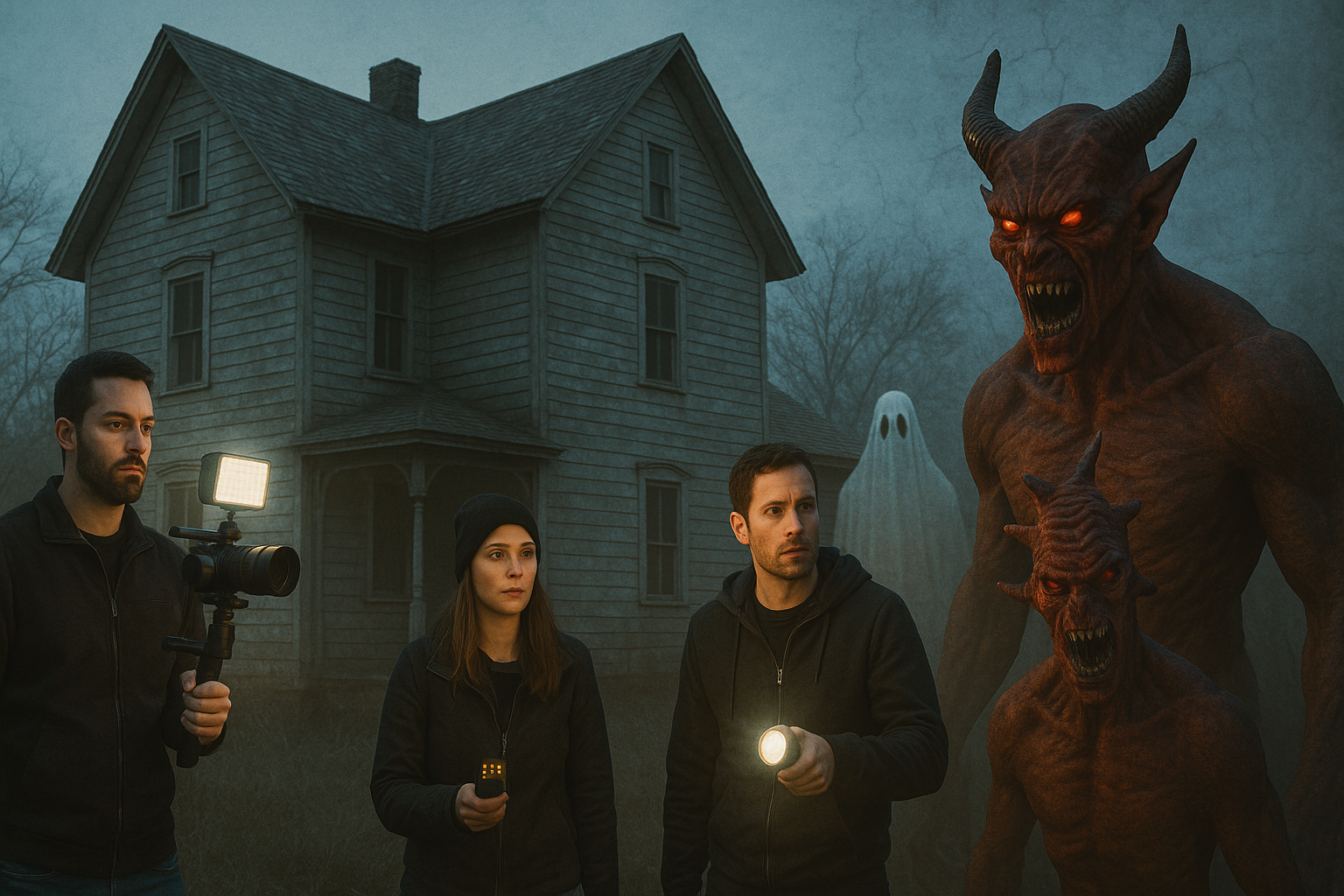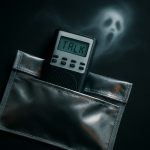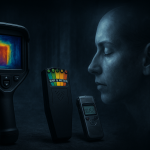In recent years, many haunted locations have discovered that there is money to be made by opening their doors to paranormal investigators. Some charge for overnight investigations, others host public ghost hunts, and more and more are introducing strict rules, waivers, and “policies” that investigators are expected to sign before entering.
On the surface, this seems reasonable — after all, the owners want to protect their property and reputation. But when those waivers extend beyond health and safety, and into controlling what words investigators can or cannot use in their videos, blogs, or reports, a serious problem arises.
Haunted Locations and the Question of Control
If a location publicly markets itself as haunted, it is effectively inviting discussion, interpretation, and storytelling. Paranormal investigators are not employees of the venue, nor are they actors being paid to follow a script. They are independent researchers and creators, documenting their experiences in real time.
Yet some locations are attempting to impose rules like:
- You cannot use the word demon in your YouTube titles.
- You cannot suggest negative energy exists here.
- You must only describe the activity in a positive light.
This type of restriction is not just heavy-handed — it undermines the very nature of paranormal investigation.
The Paranormal Doesn’t Follow Policies
Ghosts, spirits, unexplained phenomena — whatever you want to call them — do not abide by legal disclaimers or carefully worded waivers. If investigators encounter something that feels threatening, oppressive, or even “demonic,” they cannot (and should not) be forced to censor their own interpretation.
The paranormal is unpredictable. It is not something that can be boxed neatly into a “family-friendly” marketing campaign. By its very definition, it pushes the boundaries of belief, fear, and the unknown.
Investigators Are Not Brand Ambassadors
When someone uploads a paranormal investigation to YouTube, they are sharing their truth. To force creators to edit their experiences into a venue-approved narrative is essentially demanding unpaid advertising rather than genuine documentation.
If a location doesn’t want the risk of being associated with darker themes — then perhaps it shouldn’t be advertising itself as haunted. Paranormal tourism thrives because of curiosity, mystery, and the possibility of danger. Sanitizing that for the sake of reputation not only misleads the public, but it also devalues the investigator’s work.
Waivers Should Protect, Not Control
Of course, waivers have their place. They can protect venue owners from liability if someone trips in the dark or damages property. But they should never cross into controlling language, interpretations, or titles of videos. That’s not a matter of safety — that’s censorship.
The paranormal field is built on exploration and free thought. If we allow locations to dictate the narrative, we risk losing authenticity. The line between genuine investigation and staged entertainment becomes dangerously blurred.
Final Thoughts
The paranormal will always be bigger than any waiver or policy. Spirits are not bound by contracts and investigators should not be pressured into silence or compliance when sharing their experiences.
If a location markets itself as haunted, then it must accept all that comes with that territory: the good, the bad, and yes — sometimes the “demonic.”
Why a Faraday Bag Silences the Spirits
When it comes to paranormal investigation, few topics spark as much debate as Faraday bags — those ... Read more
Tech vs. Natural Senses: Why Technology Is the Superior Tool in Paranormal Investigation
For as long as people have been exploring the unknown, there’s been an ongoing debate: ... Read more


